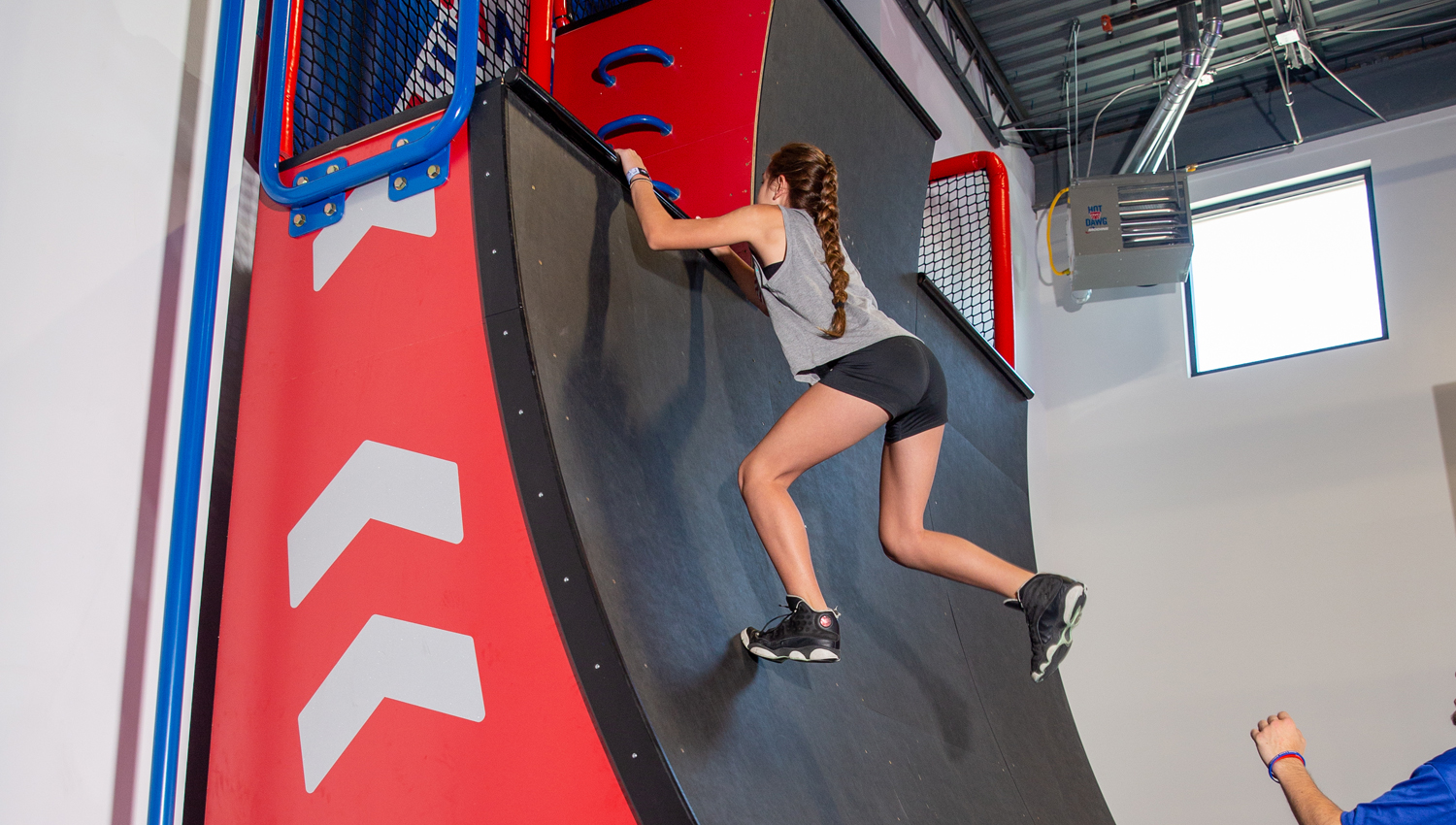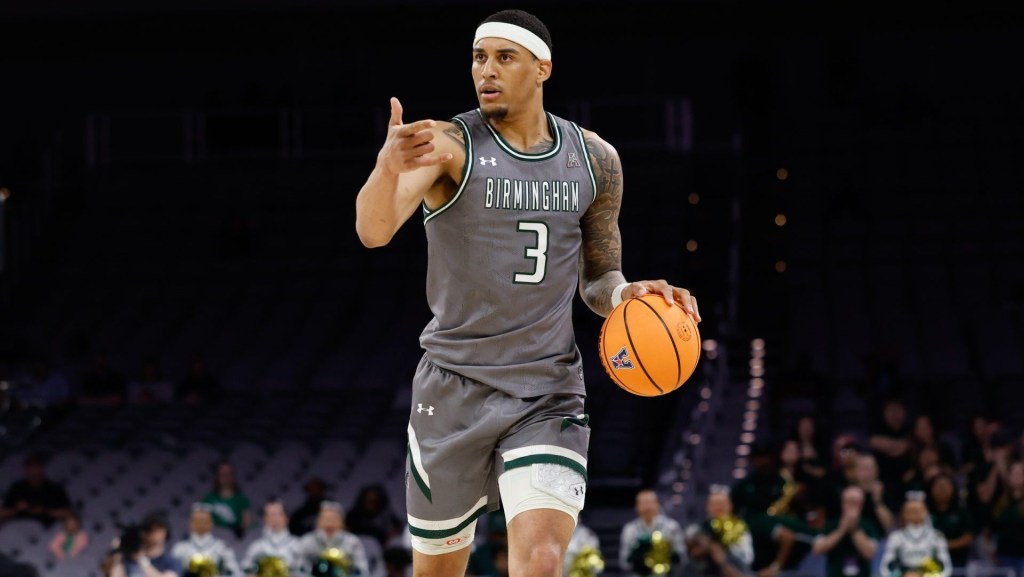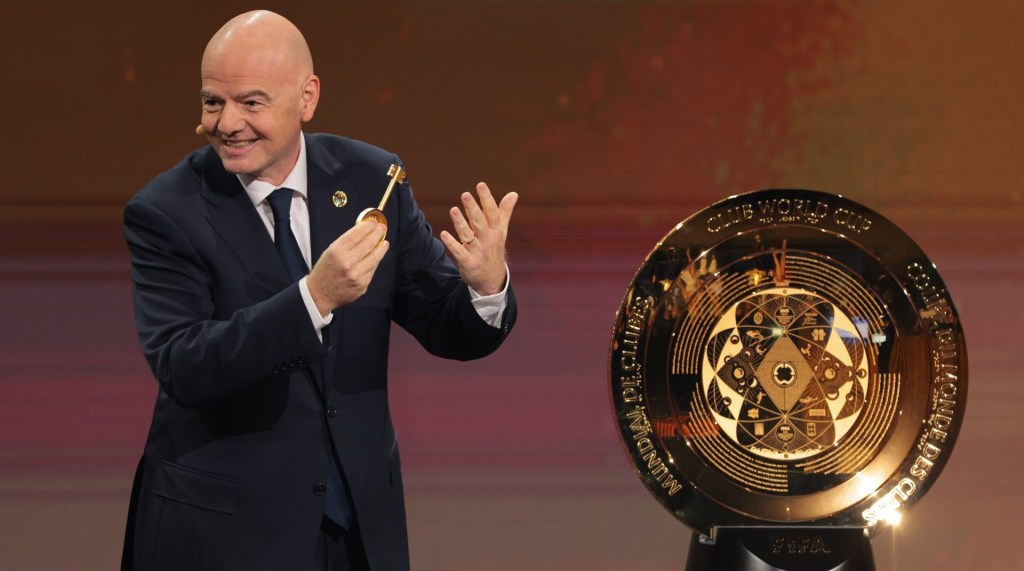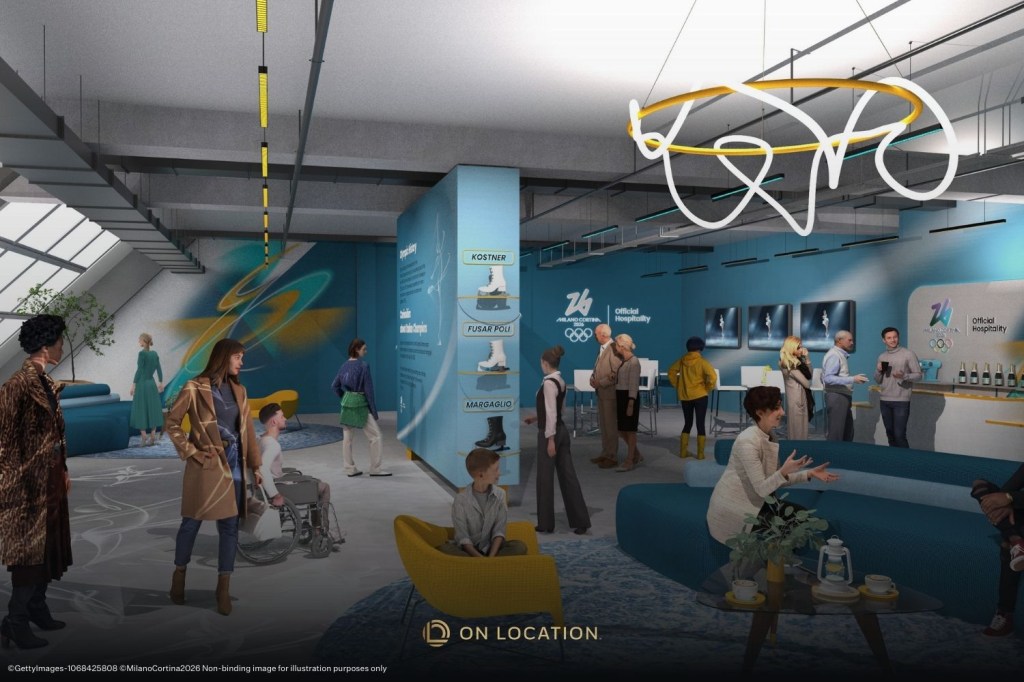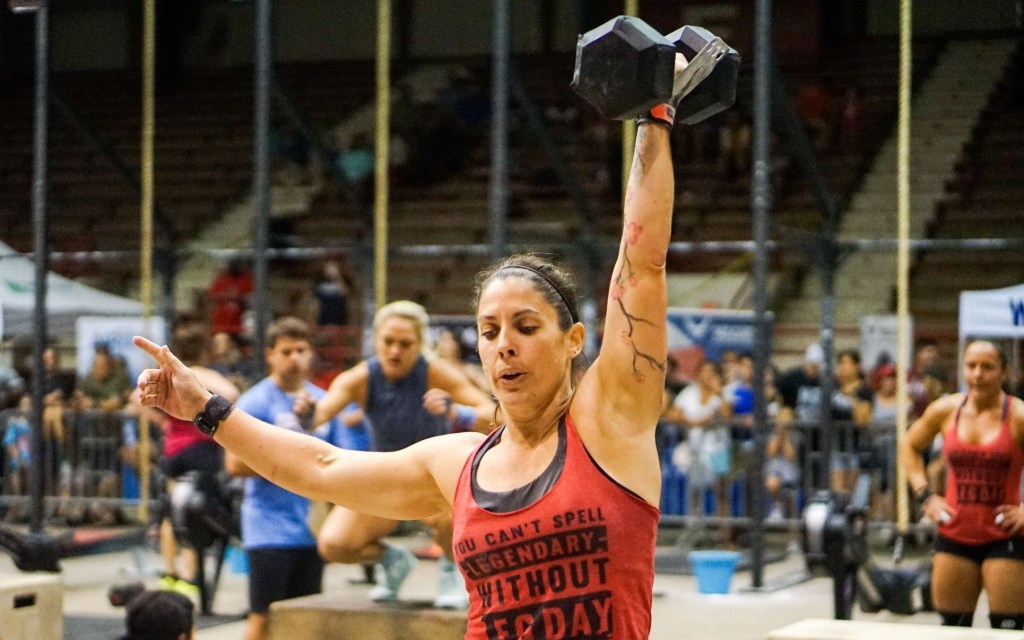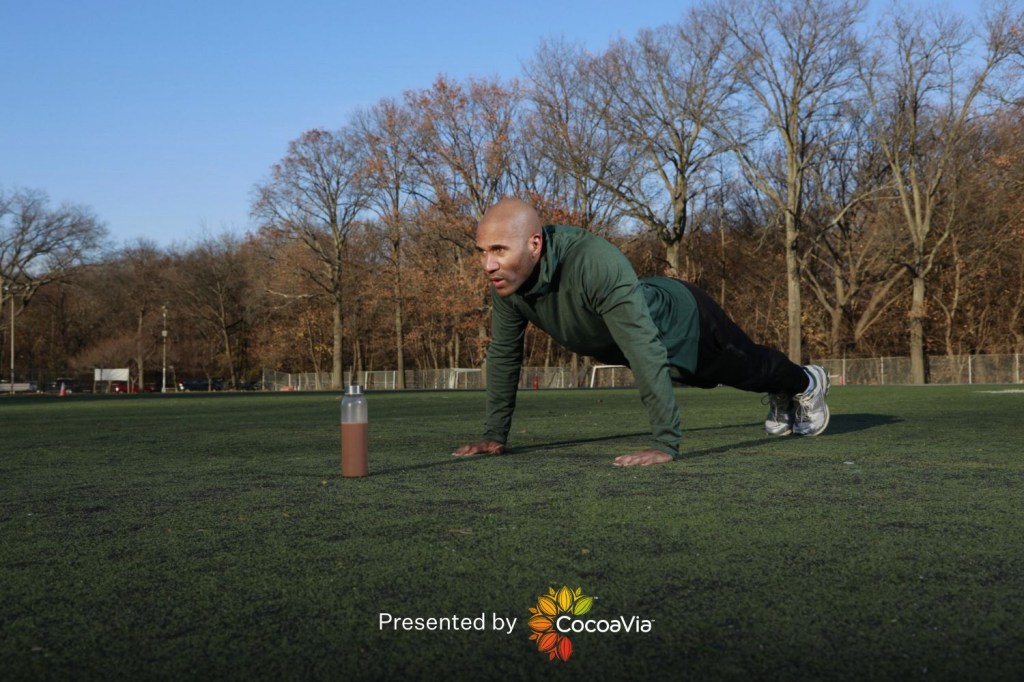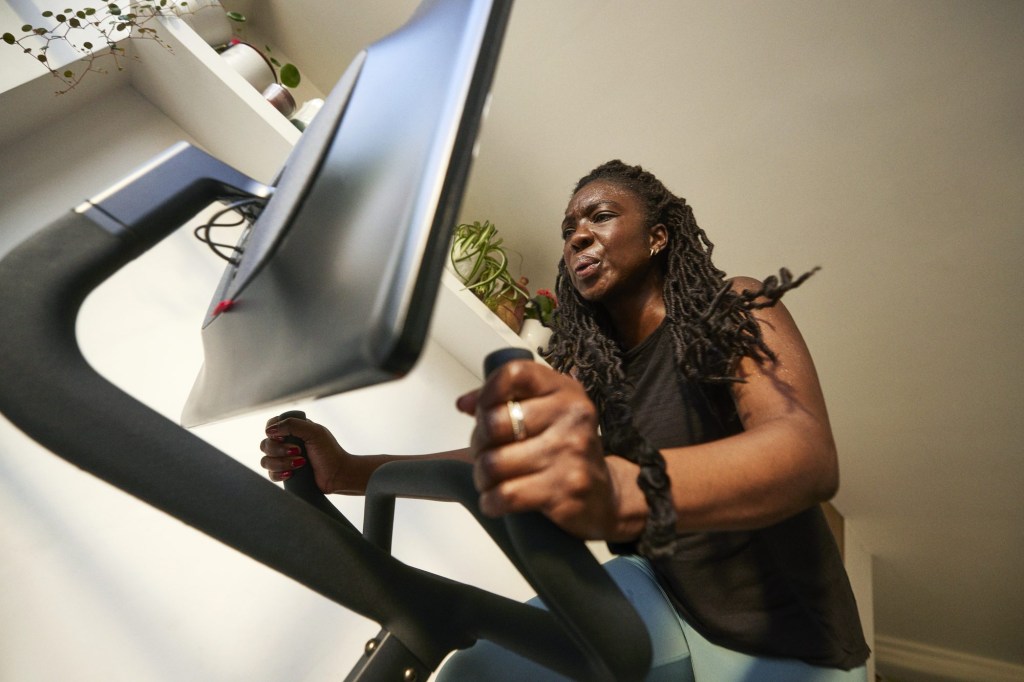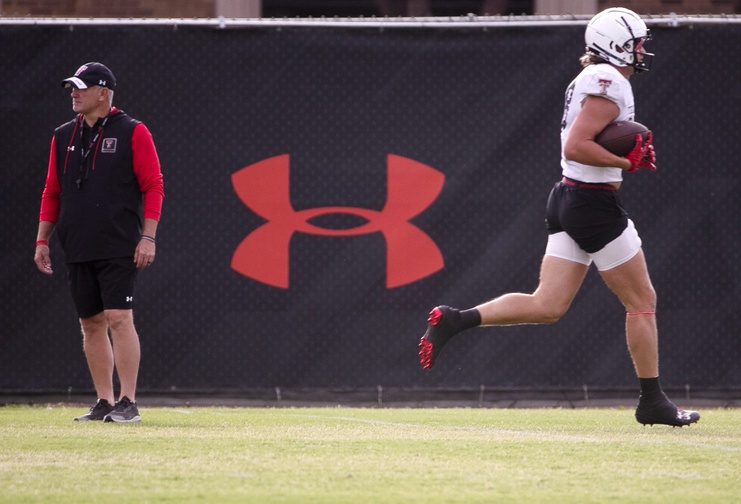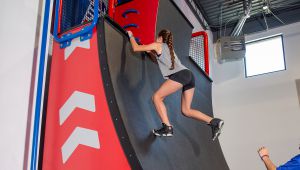
Photo Courtesy: Ninja Nation
American Ninja Warrior has become one of the most popular sports shows on television through a blend of daring athletes, diverse activities and overall difficulty. But can the show’s core tenets be transposed onto a viable business model in the fitness space?
That’s the bet of Ninja Nation, a company dedicated toward building gyms specifically geared to the emerging sport of ninja. After opening its first location last June, the company is up to three total facilities between the Denver and Dallas suburbs and, according to CEO Wayne Cavanaugh, about 60,000 unique participants across all three locations. It’s a passion project for Cavanaugh, a self-described “recovering corporate guy” and longtime youth sports coach who wanted to channel his background in health and wellness business into “something really positive for the community and the world.”
“What I liked about ninja, in particular, was it really hit home with what I’d seen a lot in youth sports, which is the ability to really connect with kids [and] instill in them some awesome experiences along with some great values,” he continues. “With that was born was kind of this idea of launching the world’s best ninja facility or set of arenas and launching that with some of the greatest athletes in the sport of ninja as well.”
READ MORE: La Liga Looks to Seize Opportunity in U.S. Soccer Market
The company’s overarching goal is to sign up 1,000,000 unique participants, or “heroes” in Ninja Nation parlance. It plans to get there with a business model that cuts in two different directions. The first is through creating a space for elite athletes to train for upcoming seasons of the show. Cavanaugh’s first hire in Colorado was Geoff Britten, one of the first two Americans ever to achieve “total victory” and complete the entire ANW obstacle course. Two of the company’s coaches, Karsten Williams and Jonathan Bange, as well as four athletes who train at the facility will take part in the next series of tapings for ANW.
But Ninja Nation’s real target demographic lies in the youth space with kids from about five- to 15-years of age. Cavanaugh believes it’s an especially under-served area by their competitors in the ninja space, and the company’s goal is to make their gyms a space that kids where kids can play, train and compete. To that end, in addition to standard curriculum, Ninja Nation has tried to game-ify as much of its space as possible via RFID wristbands that allow the user to earn points by unlocking achievements throughout the gym and eventually level up.
The endgame is taking the already-experiential model of fitness to another level, a strategy that, according to John Peters, vice president of development for the Sports & Fitness Industry Association, is right in line with other companies like SoulCycle, Orangetheory, TopGolf and Brooklyn Boulders as they attempt to engage younger audiences.
[mc4wp_form id=”8260″] i
“Ninja Nation as well as these other things… is playing on the long tail of fitness with Gen Z and Millenial consumers because they’d much rather do a fun color run or maybe it’s a Spartan Race or a night-time run that is more game-ified,” he says. “I would expect this Ninja Nation concept to at least create new fitness experiences for a new demographic.
“Will it be successful? We’ll have to see, but it’s right on trend with the macro trends going on with Gen Z and Millenials.”
While the sport of ninja is still “in its basic infancy,” as Cavanaugh puts it, Ninja Nation nevertheless faces a steep battle to carve out a strong market share. For one, according to the SFIA’s 2019 Topline Participation Report, more than 27% of Americans don’t participate in any type of physical activity. Those that do, meanwhile, have an ever-expanding menu of options to choose from in the fitness world. That’s especially true in the war for repeat business given younger demographics’ preference for flexibility over consistency.
“Millenials and Gen Z like to sample stuff,” Peters says. “So it wouldn’t surprise me to see them try Ninja Nation maybe once a month and switch over to rock climbing or a Peloton bike or a SoulCycle class. They definitely like the experiential and being able to be in control of being able to pop in and out.”
READ MORE: 26 x 26 Targets Unprecedented Philanthropy for 2026 World Cup
Cavanaugh, however, is hardly deterred. His corporate background includes ample experience in raising capital, and he says Ninja Nation has been working with third-party organizations to organize a franchising strategy, with plans to formally launch a franchising program by mid-summer.
“We understand there’s a big demand for business folks looking for an opportunity like the one we provide,” he says. “We’re really looking to grow as fast as we can handle it, and I think the franchising path, given the amount of interest is there, is a terrific and solid opportunity for us to meet our ‘one million heroes’ goal.
That would give Ninja Nation a market share worthy of the name.
